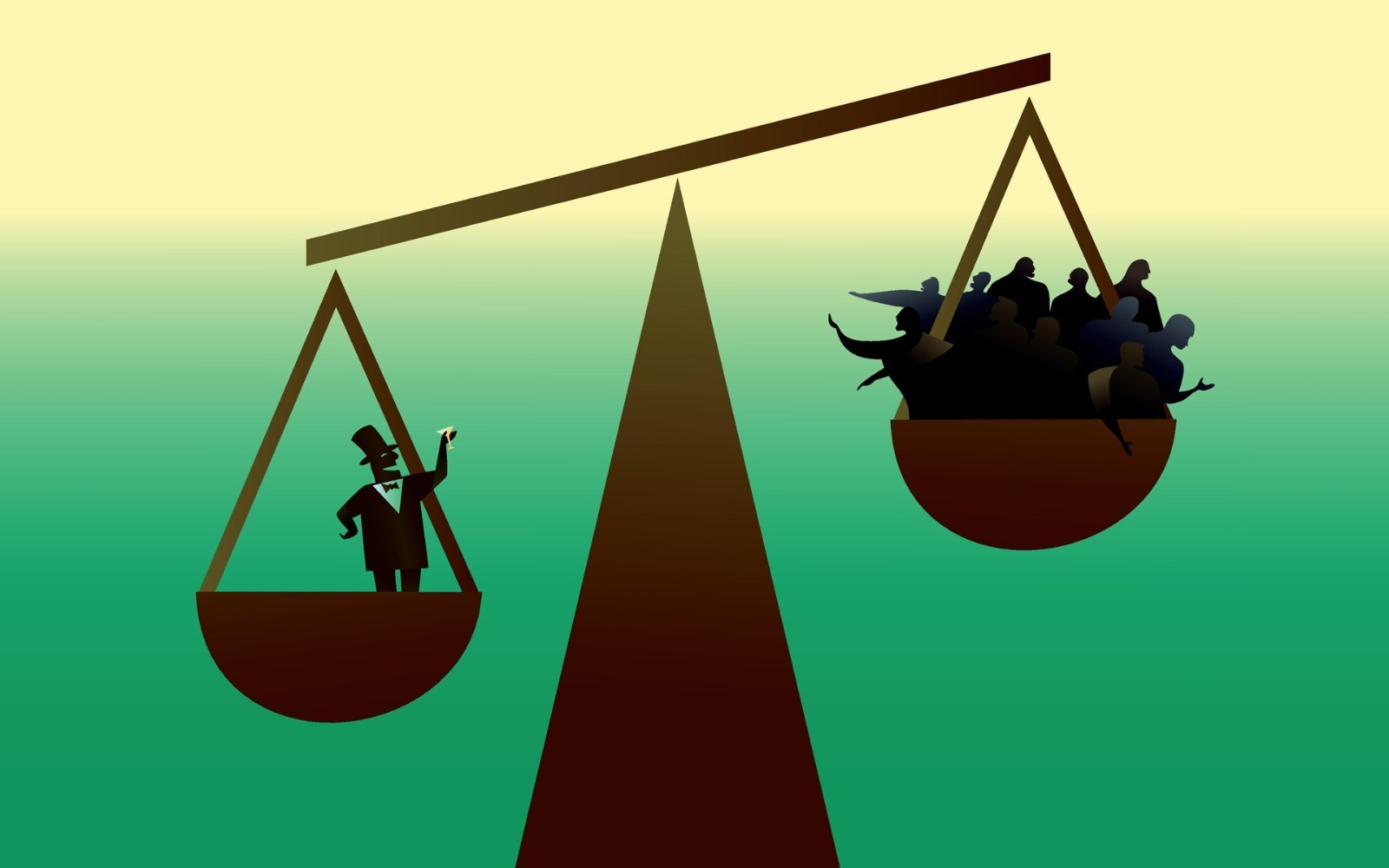Stagflation Risk Rises Amid Sharp Slowdown in Growth
Russia’s invasion of Ukraine and its effects on commodity markets, supply chains, inflation, and financial conditions have steepened the slowdown in global growth. One key risk to the outlook is the possibility of high global inflation accompanied by tepid growth, reminiscent of the stagflation of the 1970s. This could eventually result in a sharp tightening of monetary policy in advanced economies, which could lead to financial stress in some emerging market and developing economies. Forceful and wide-ranging policy response is required to boost growth, bolster macroeconomic frameworks, reduce financial vulnerabilities, and support vulnerable groups.
Global outlook: Following more than two years of the pandemic, spillovers from the Russian Federation’s invasion of Ukraine are set to sharply hasten the deceleration of global economic activity, which is now expected to slow to 2.9 percent in 2022. The war in Ukraine is leading to high commodity prices, adding to supply disruptions, increasing food insecurity and poverty, exacerbating inflation, contributing to tighter financial conditions, magnifying financial vulnerability, and heightening policy uncertainty.
Global stagflation: Global inflation has risen sharply from its lows in mid-2020, on rebounding global demand, supply bottlenecks, and soaring food and energy prices, especially since Russia’s invasion of Ukraine. Markets expect inflation to peak in mid-2022 and then decline, but to remain elevated even after these shocks subside and monetary policies are tightened further. Global growth has been moving in the opposite direction: it has declined sharply since the beginning of the year and, for the remainder of this decade, is expected to remain below the average of the 2010s
Russia’s invasion of Ukraine: Implications for energy markets and activity: Russia’s invasion of Ukraine has disrupted global energy markets and damaged the global economy. Compared with what took place in the 1970s, the shock has led to a surge in prices across a broader set of energy-related commodities. In energy-importing economies, higher prices will reduce real disposable incomes, raise production costs, tighten financial conditions, and constrain policy space. Some energy exporters may benefit from improved terms of trade and higher commodities production.
For full report: https://www.worldbank.org/en/publication/global-economic-prospects




